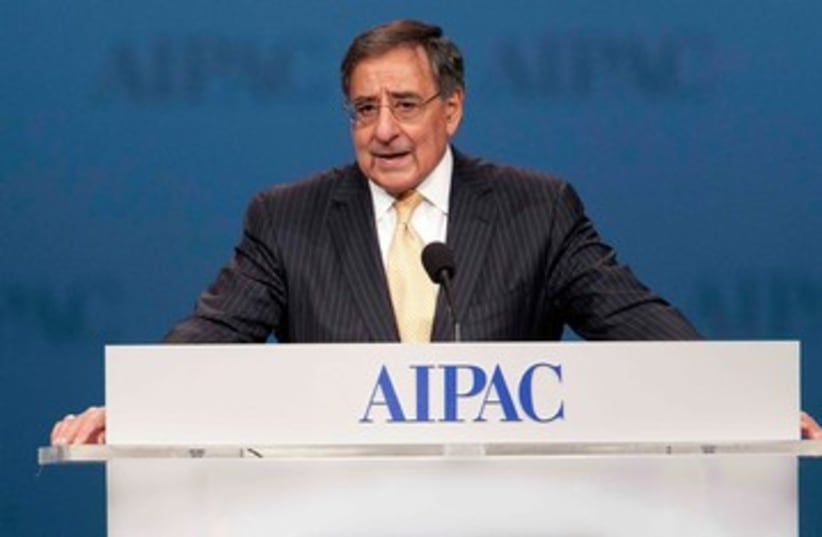Panetta: We'll act militarily against Iran as last resort
US defense secretary tells AIPAC that "military action is the last alternative... but if all else fails, we will act"; comments echo US President Obama's, who said that "all options remain on the table" on Iran.
